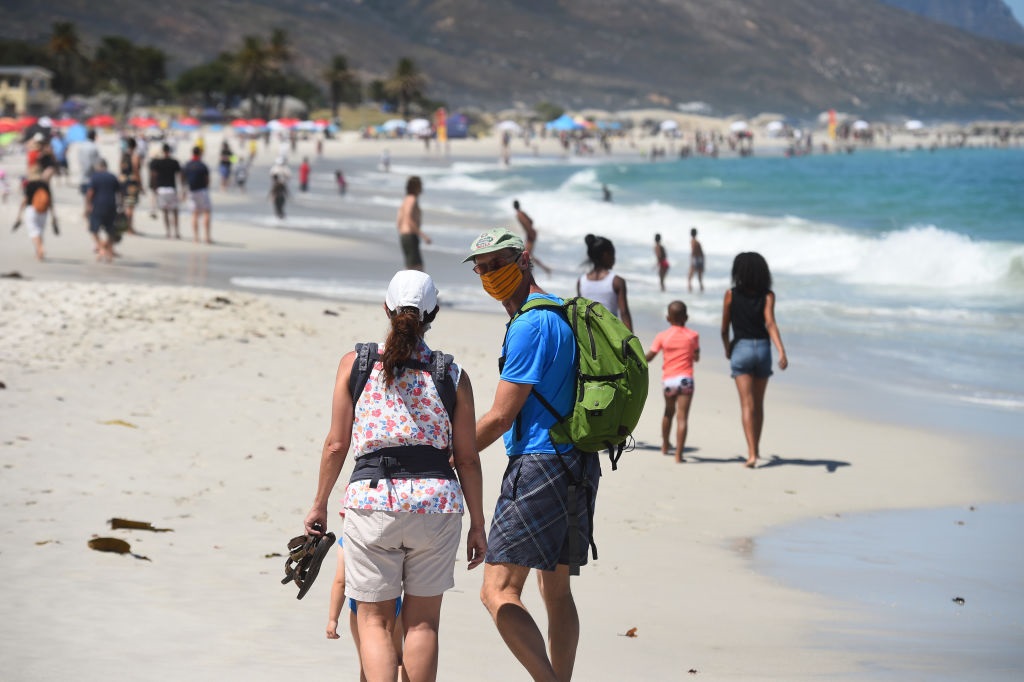
- As thousands flock to beaches across Cape Town, the City of Cape Town has announced more closures due to sewage spills.
- Strand Beach on the False Bay coastline and Small Bay in Blaauwberg had been temporarily closed following a sewage spill.
- The closures highlighted severe challenges the city has encountered due to the continued high stages of load shedding on its water and sanitation infrastructure.
As temperatures soar in Cape Town, more beaches have been shut down due to a sewage spill – with the likelihood of more closures to come.
On Monday, the City announced the main bathing area section at Fish Hoek Beach, between the lifeguard station and Jager's Walk, had been temporarily closed to the public until further notice. "
The temporary closure is due to a sewer overflow caused by a blocked sewer pipe that has now been cleared. Items such as plastics and materials were removed from the sewer pipe.
"The public is reminded to not dump illegally, and rather dispose of their waste using available solid waste services or take recyclables to the City's drop-off facilities," the statement said.
This came after the City announcing on Sunday that the Deep Blue section of Strand Beach on the False Bay coastline and Small Bay in Blaauwberg have been temporarily closed.
The City said these measures were taken as a precaution, and it will be taking water samples at the various beaches.
"This is a precaution, as contact with the water could result in potential gastrointestinal issues, and therefore any person who enters the water does so at their own risk," it said.
Health warning signage has been erected, advising the public of the situation.
"The City's sewer pump stations need electricity to function effectively and transport sewage to wastewater treatment plants where it can be treated," explained acting mayor Eddie Andrews.
"However, with prolonged bouts of load shedding, sewage spills and overflows are to be expected, despite the contingency measures that are in place."
Alex Lansdowne, chairperson of the Mayoral Advisory Committee on Water Quality in Wetlands and Waterways, said: "We use international environmental health benchmarks to decide whether it is safe to have contact with environmental water.
"This is coupled with a rigorous testing regime where we often sample daily. We use science to keep people safe from environmental pollution.
"Pump stations are located at low points in the sewage network, so this means they are often near river basins and the ocean, into which they overflow. The environmental impact of sewage ingress is highly damaging," he said.

